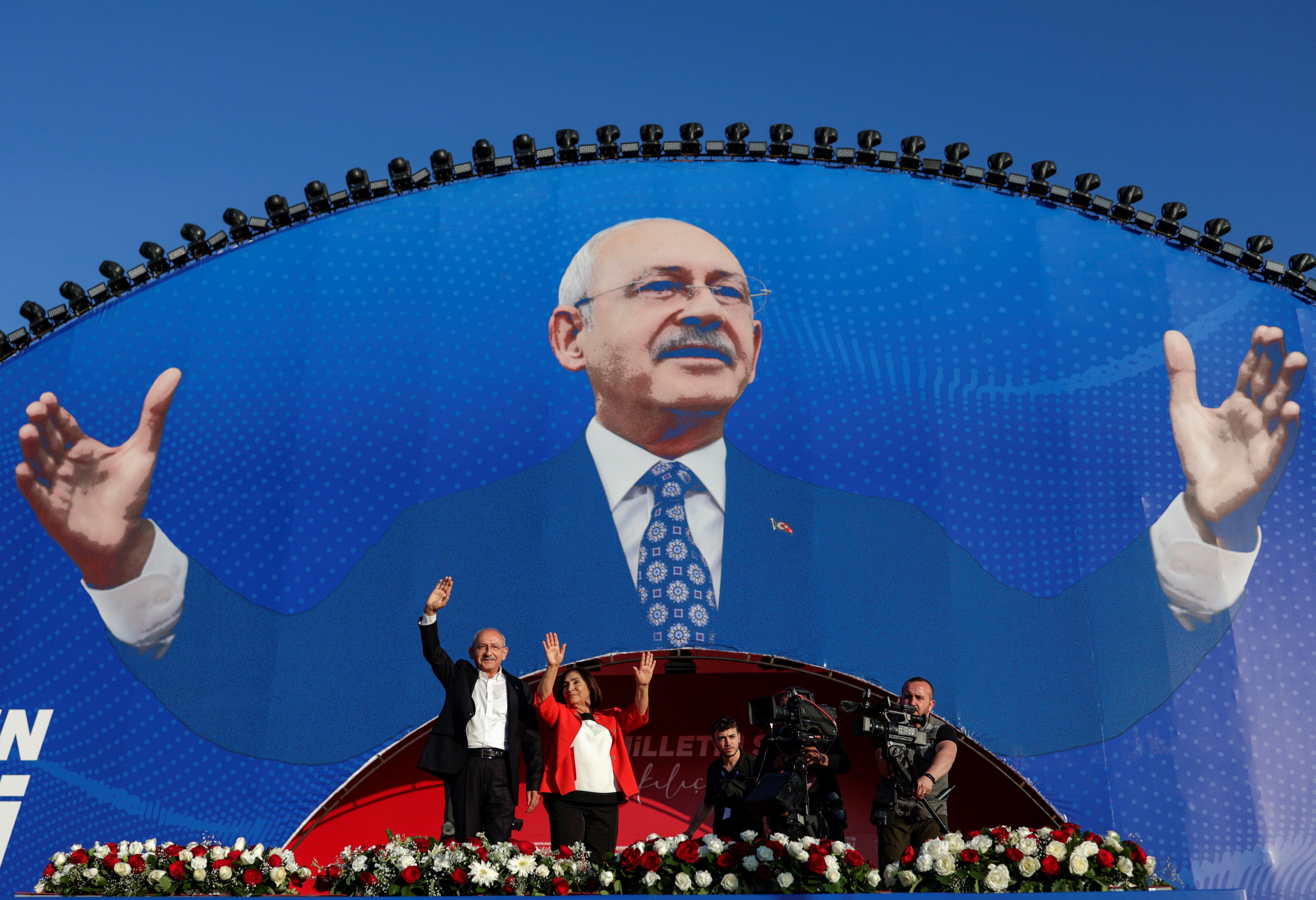Recep Tayyip Erdoğan has dominated Turkey’s politics for the past 20 years, first as prime minister and now as president. By drawing support from long-ignored socially conservative voters in the country’s rural Anatolian heartland, he broke the stranglehold on his country’s politics long held by a business elite in Turkey’s three largest cities who governed with frequent interference from the military.
But in the process, Erdoğan has also demonstrated a willingness to undermine his country’s democracy by marginalizing, and sometimes jailing, critics and independent-minded journalists and by remaking Turkey’s political and court system to protect his power. A failed coup attempt in July 2016 only heightened Erdoğan’s drive for tighter control of Turkey’s politics.
Now, after more than two decades of political dominance, a looming presidential election leaves Erdoğan facing a serious challenge. Runaway inflation, a currency crisis, and scandals arising from devastating earthquakes in February that killed tens of thousands and left millions homeless have combined to put Erdoğan in a tight spot headed into the first round of voting on May 14.
Perhaps most importantly, the country’s opposition appears much more unified than in the past.
Who is Kemal Kılıçdaroğlu?
Kemal Kılıçdaroğlu (pronounced Da-ro-loo) has been the leader of the social-democratic Republican People’s Party – a party established by Mustafa Kemal Atatürk, founder of modern Turkey – since 2010. The head of Turkey’s largest opposition bloc, Kılıçdaroğlu is also the formally chosen presidential candidate of five other parties that have little in common beyond a shared desire to defeat Erdoğan.
Unlike Erdoğan, who was born in a working-class neighborhood in Istanbul, Kılıçdaroğlu is from rural Anatolia, where he grew up poor. He’s not exactly a fresh political face; he’s a 74-year-old career politician with a professorial public demeanor who is as cautious in his speech as the charismatic Erdogan is bold and blunt.
But recent polls suggest a mild-mannered technocrat capable of uniting opposition parties of left and right might be just what many Turkish voters want. In sharp contrast to Erdoğan’s pugilistic political style, Kılıçdaroğlu has pledged to “rule Turkey with consultations and compromise.” The race is expected to be close. A potential runoff would be held on May 28.
Despite Erdoğan’s political dominance since 2003, the CHP and its allies have scored some important recent wins. In 2019, Kılıçdaroğlu’s party won mayoral contests in five of the country’s six largest provinces, including Istanbul and Ankara, Turkey’s capital.
If he wins …
If Kılıçdaroğlu beats Erdoğan, the world could expect big changes in Turkey’s complex foreign policy. Erdoğan has made his country the wildcard of NATO, an ally who must be continually placated to maintain unity on the alliance’s approach to Russia. But Kılıçdaroğlu would probably prove a much more reliable security partner, even if the need for decent economic relations with Russia gives the Kremlin weapons it will use to punish Turkey in response.
But Kılıçdaroğlu has also called for a reconciliation with Syria’s President Bashar al-Assad, one that might allow a large number of the nearly four million Syrian refugees now living in Turkey to return home. That would quickly become an important and complex story that could reignite violence in Syria and make it harder for the US to continue to target ISIS fighters there.
The bottom line: It’s never a good idea to bet against Erdoğan, but public frustration with a tough economy and growing demand for change will make this race one to watch.